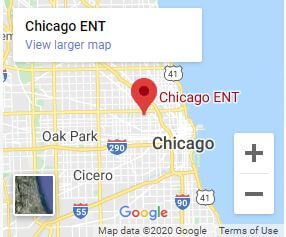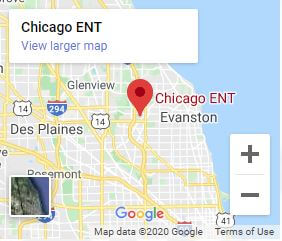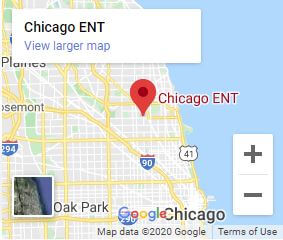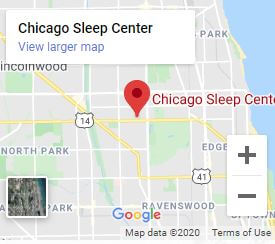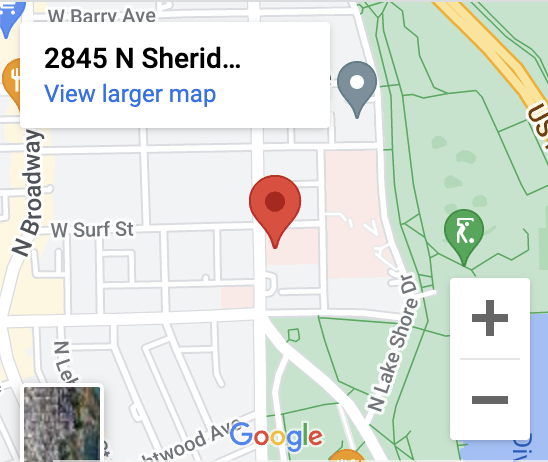Do you suffer from allergies? You’re not alone.
Allergies affect millions of Americans and are triggered by various allergens. Allergens cause allergic reactions, and many things can cause allergies, like pollen, mold, dust mites, pet dander, insect venom, medications, and certain foods.
Allergies may lead to uncomfortable symptoms, making your life less pleasant or downright frustrating. The symptoms of allergies range from minor irritation to severe, life-threatening emergencies.
Luckily, various at-home tips can help soothe your allergies. Keep reading to learn about what an allergy is, the symptoms of allergies, and the best defenses against your allergies so you can nip your allergy symptoms in the bud using these 8 tips this season!
What is an Allergy?
An allergy develops when your immune system overreacts to a foreign substance that is harmless to most people. The severity of allergies typically varies from person to person.
Even though most allergies don’t have a cure, treatments, and at-home remedies can significantly reduce your symptoms.

Symptoms of an Allergic Reaction
Allergy symptoms are typically characteristic of the kind of allergen causing the reaction. But common tell-tale signs of an allergic reaction include:
- Runny nose
- Congestion
- Sneezing
- Coughing
- Fatigue
- Rashes
- Wheezing
- Itchy eyes, throat, or nose
- Feeling lightheaded or faint
- Chest tightness and breathlessness
- Hives (red rashes with raised patches)
- Postnasal drip (drainage at the back of your throat)
For some people, allergic reactions can result in anaphylaxis. Anaphylaxis is a sudden, severe, and potentially life-threatening allergic reaction typically causing serious respiratory, gastrointestinal, and cardiovascular symptoms.
You may experience anaphylaxis due to insect stings or bites, food allergies, or drug allergies. Anaphylaxis is a serious medical emergency that requires immediate medical attention. If you suspect someone is experiencing anaphylaxis and they don’t have an epinephrine autoinjector (ex: EpiPen), call 911. Patients with a history consistent with anaphylaxis should be under the care of an allergist.
How to Reduce Allergies
The following tips can help with improving your allergy symptoms year-round:
1. Avoid Rubbing Your Eyes

When airborne allergens get into your eyes, they can lead to an allergic reaction that may cause itchiness, redness, and inflammation. Rubbing your eyes to reduce irritation and itchiness may be tempting.
However, you should avoid this, as rubbing your eyes only worsens irritation. Rubbing your eyes also encourages the release of histamine, a chemical responsible for your allergy symptoms.
The last thing you want to do when your eyes are itchy is to aggravate the problem. If you’re feeling itchy, you can use eye drops to quell feelings of irritation. You can also try blinking more frequently.
2. Use Antihistamines
Antihistamines work by reducing your body’s reaction to histamine. They greatly ease or stop the irritating symptoms of allergies.
Oral antihistamines kick in fully within an hour, while nasal spray antihistamines can begin working within 15 minutes.
Take Allergy Medications Before Symptoms Appear

For people with seasonal allergies, a drippy nose, sneezing, itchy, watery eyes, and other allergy symptoms can make it hard to perform simple, routine activities and affect your quality of life. But if you can start treatment 2 to 4 weeks before your allergies strike, you can reap the maximum benefits of your allergy medications.
Allergy medications tend to be more effective when taken preventatively. At the same time, don’t stop taking your allergy medications too soon, even when your symptoms disappear.
The uncomfortable symptoms can resurface and linger until the end of allergy season. It’s best to wait a few weeks until you’re sure allergy season is over before you stop taking any allergy medication.
3. Get an Allergy Test
Do you experience allergy symptoms after you’ve been in contact with certain substances or eating some foods? Are over-the-counter medications not working?
An allergy evaluation and test performed at Chicago ENT by one of our expert allergists can pinpoint your specific triggers and take the confusion out of your allergies. Allergy testing accurately determines the allergens causing your allergic reactions.
After identifying the substances you’re allergic to, your Chicago ENT allergist can provide the proper treatment to alleviate or eliminate your allergy symptoms. In some cases, your allergist may suggest you carry an epinephrine autoinjector, such as EpiPen, on you at all times to minimize the risk of a severe allergic reaction.
4. Shower After Being Outdoors

During allergy season, mold spores and pollen can easily cling to your eyelashes, eyebrows, hair, and skin when you’re outdoors. Be sure to shower, wash your hair, and change your clothes once you come inside.
These measures help remove most mold spores or pollen from your person, reducing any symptoms of exposure to these allergens.
5. Keep the Windows in Your Home and Car Closed
When driving or at home, avoid opening your windows even during the warmer months to keep pollen out. Ensuring your windows are shut during peak times will prevent allergens from entering your car and home.
6. Track Pollen Levels

Download a weather app that provides local pollen counts. That way, you can monitor pollen levels in your area and take the necessary precautions to protect yourself.
If counts are high, remain indoors or limit time spent outdoors. Wear wraparound sunglasses and a wide-brimmed hat to shield your eyes from pollen if you need to go outside while pollen levels are elevated.
7. Invest in an Air Purifier at Home or Work
Air purifiers are effective at decreasing seasonal allergy symptoms. An air purifier with a HEPA filter removes up to 99.9 percent of pollen, pet dander, dust, and other allergens floating in the air.
When purifiers trap allergens and release clean air back into the space, fewer allergens enter your body as you breathe.
Find a Long-Term Solution for Your Allergies

If you’re suffering from allergies, the expert team of allergists at Chicago ENT can help. Our experienced allergists will evaluate and test you to find the root cause of your allergy and offer a highly individualized treatment plan to both prevent and alleviate your symptoms.
Do you have troublesome allergy symptoms? Schedule your appointment today at Chicago ENT at one of our five convenient locations to start your journey to long-lasting allergy symptom relief.











